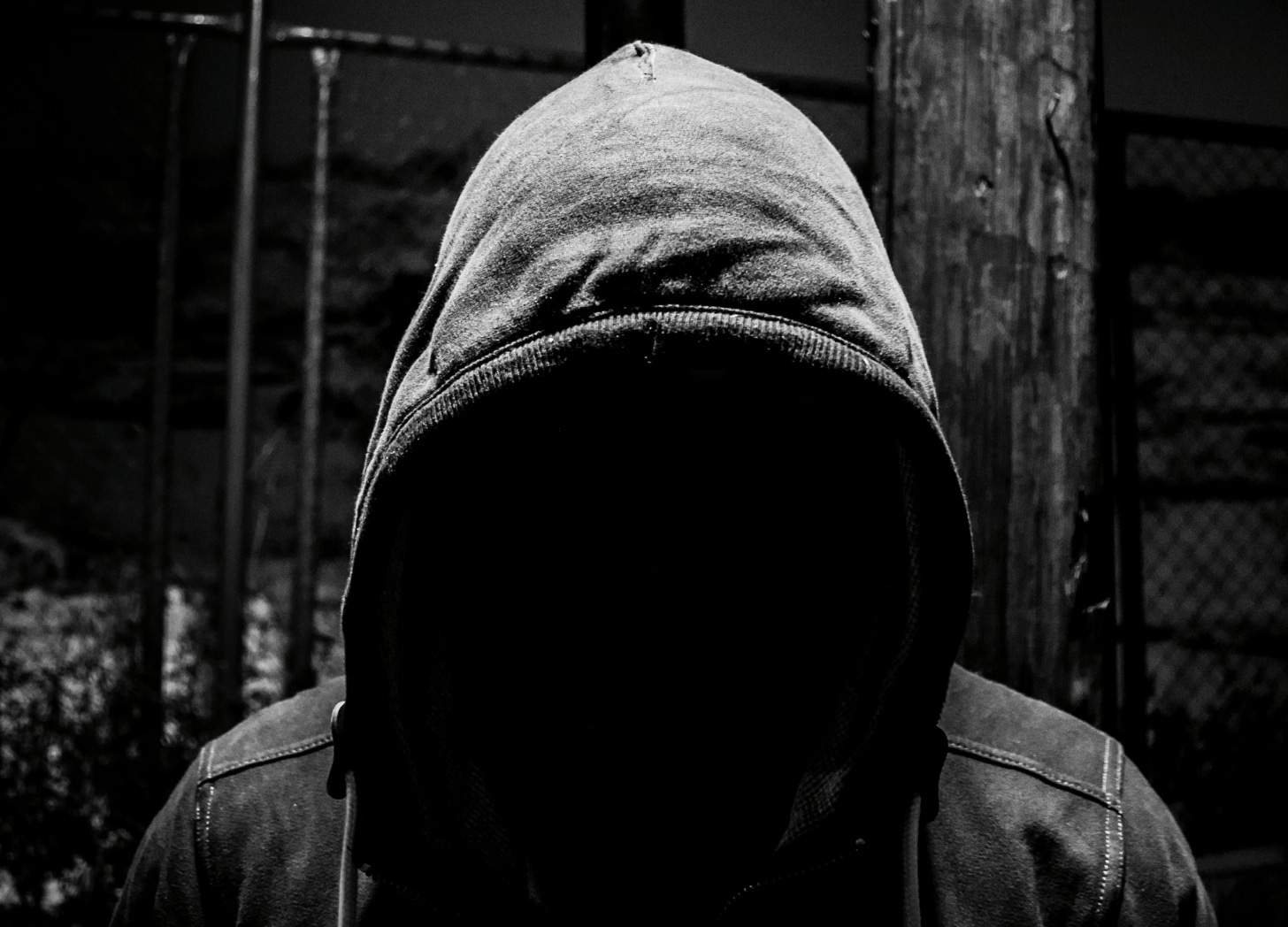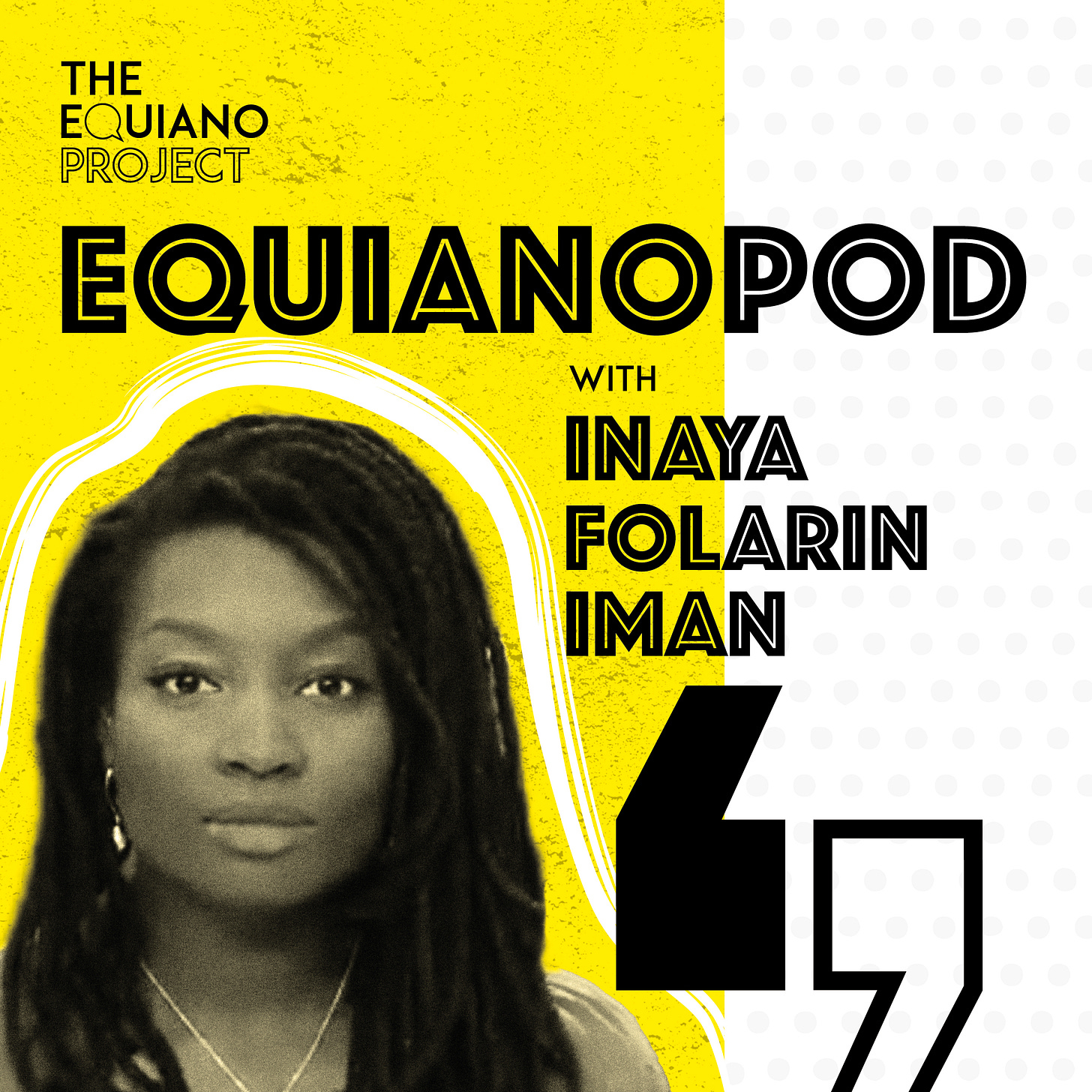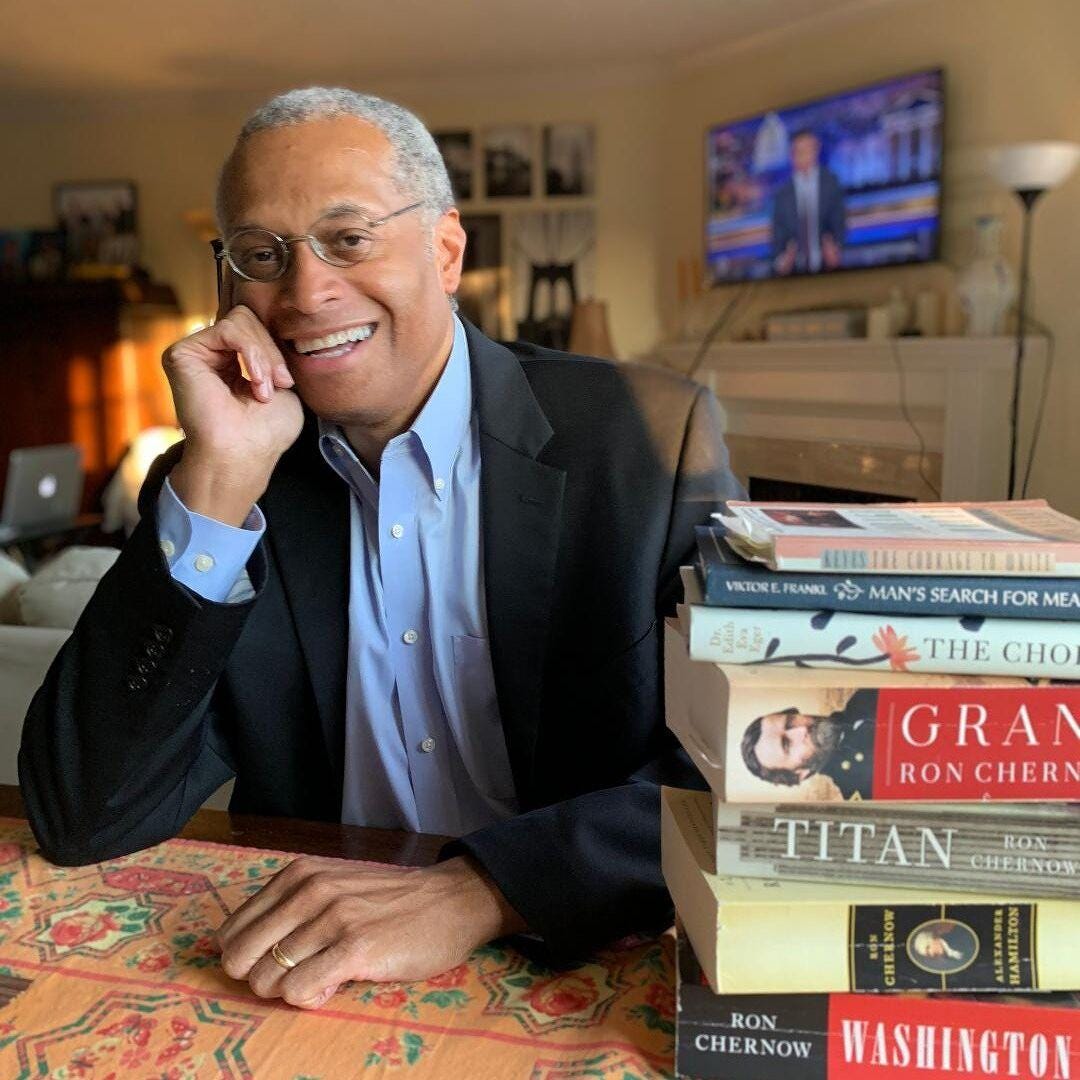Beyond Racial Tribalism - A Call for Accountability within the "Black Community"
You commit crime? You ain't black!
- Winkfield Twyman, Jr.
As I watched a recent Triggernometry interview with Rakib Ehsan, a question occurred to me. The question grew more insistent as Konstantin Kisin and Francis Foster delved deeper into values within local households in London. Simply put, why aren't black British people shaming and shunning criminals who happen to be black?
I do not live in the United Kingdom, although I visited London once years ago and my distant Twyman ancestors came from Kent. I watch Triggernometry as often as I can for a dose of basic common sense. Nonetheless, and despite my physical distance from racial politics over the pond, I recognise the knock-off effects of black racial consciousness. American racial dogma has a way of drifting over the Atlantic Ocean and polluting the dialogue in London with slogan words like White Privilege and Oppression, Diversity and Black Solidarity.
And so I write about this question of criminals and “Blackness.”
==================================
It's intriguing to note that some individuals who readily support a shoplifting criminal are often the same people who label independent thinkers, such as role models like Headmistress Katharine M. Birbalsingh and the YouTube podcaster Kidology, as race traitors.
Suppose we flipped the script and perceived criminals as traitors to “Blackness” instead of those who simply have a different opinion?
Imagine a world where there was a form of racial peer pressure against criminal activities. For instance, if someone were captured on video shoplifting from an Asian store and assaulting the storekeeper, they would no longer be embraced by their own “black community.” As the perpetrator walked down the streets, they would be met with indifference, their presence unacknowledged, and they would not receive invitations to social gatherings with friends and associates. It has been reported that Professor John McWhorter at Columbia University and Glenn Loury at Brown University are excluded from various social events and panels due to their unorthodox views on race. Is it too much to ask that black Britons dole out the same treatment of social non-existence to the criminal cousin, the lawless nephew?
If black American professors and the academic elite can treat esteemed Ivy League black professors like Glenn Loury, John McWhorter and Roland Fryer as non-entities, the reasons are far stronger for black Britons to treat criminals in our midst as non-entities. It is a crazy world that embraces a black shoplifter and denigrates a distinguished black intellectual.
Since most people, including criminals, desire a sense of belonging, such social shaming could potentially be a more effective approach to reducing the high levels of crime within our communities compared to relying solely on official law enforcement.
You may accuse me of being heartless and cruel. Surely, that black shoplifter needed to eat and feed their family….
In my family life, I have removed myself from criminals. I have a first cousin who forged an uncle’s will. At first, I was incredulous. I could not believe someone I had known from birth could steal an inheritance of a blood cousin. The moment I concluded the cousin had committed a felony was the moment my relationship ended with that person. I never spoke to the person again. He had lost the privilege to interact with me. During a family reunion, I could not believe my ears as another more distant cousin revealed she had sold drugs. I seethed inside as she had now “criminalised” our family event. I never spoke with that cousin again. I have another family member who repeatedly stole merchandise from a store. I have no relationship with that person.
I am one person, but my social disapproval reverberates throughout my extended family. People know to be on the right side of the law if they want to be with and around me. It is about setting forth strong expectations. No room for soft-hearted excuses.
For those naysayers who have the White Supremacy card ready for deployment, here is a concept: some issues do not involve white people. Sometimes, bad people commit bad acts and should be held accountable for it.
If the argument is made that black conservatives or black intellectuals critical of mainstream doctrine on race supposedly forfeit their black identity due to their views, then it should also be the case that criminals should forfeit their black identity if they engage in criminal and anti-social activities.
The enemy is not The Man or "the system." It's racial tribalism and excessive leniency towards criminals. A criminal should receive no special dispensation due to assignment of race at birth.
I hold no solidarity in my heart for criminals. Criminals are not victims. Being black does not equate to struggle and hardship, and therefore should not be used to excuse criminal behaviour. I am Old School on this point. “Blackness” equals Enterprise, Triumph over Adversity. I recognise no other definition of Blackness.
Winkfield Twyman, Jr. is the co-author of Letters in Black and White: A New Correspondence on Race in America. He is a writer, commentator, and former law professor. He has written for the Chicago Tribune, the San Diego Union Tribune, the Baltimore Sun, the Richmond Times Dispatch, and several other publications. He can be reached at twyman.substack.







Seriously the writer needs to tell us what the 'black community' is. Is it a community of place? Or a community of the mind? Or a stage army for ambitious black politicos on the make? Or is it the the writer's nostalgia or wishful thinking. Today in the UK, to speak for the 'black community' you must be recognised and honoured by society (the white community?) So who would sit on the panel to decide who is or isn't black? Baroness Lawrence? Sir Trevor Philips? Dr (Hon) Marcus Rashford OBE? Sir Lenny Henry? Professor David Olusoga OBE? Would I get a say? (That's a rhetorical question).
The 'black community' as we understand it today is a political, media, academic, celebrity consensus, a feedback loop between certain esteemed individuals and the mainstream media, BBC, Channel 4, The Guardian and others. This was illustrated by the media and political support for black lives matter and the absence of black critical voices in the media and mainstream politics. Who do I trust to decide who is or isn't black? No one.